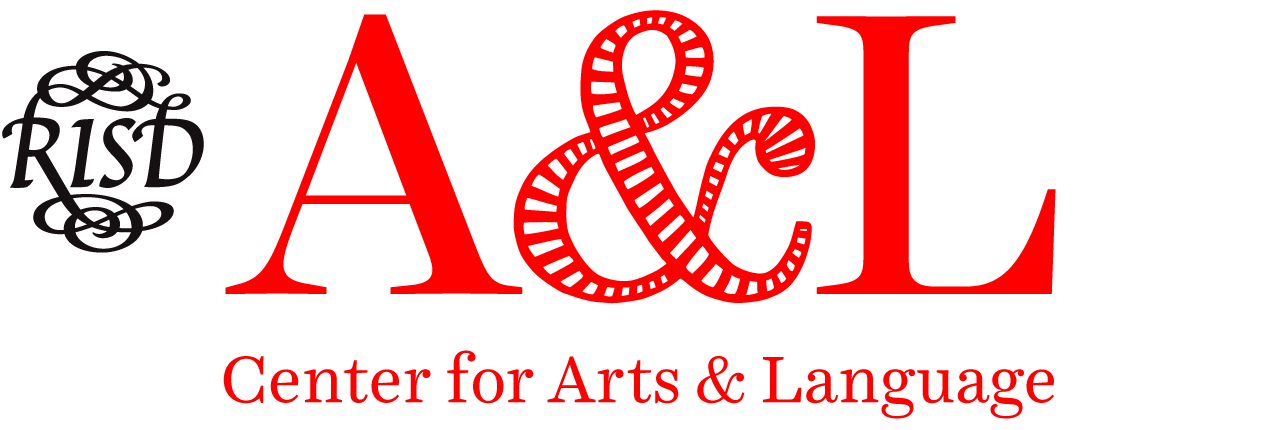Grad Written Thesis: Thesis Statements and Abstracts
Thesis Statements
A thesis statement is a succinct declaration of your central claim, argument, or purpose. You may recognize this feature from other types of academic writing, in which the thesis statement is usually a single sentence containing the main idea of an analytical or argumentative essay. For a Grad written thesis, however, your statement may be a little more expansive. It often takes three or four sentences to announce the subject matter, how you’ll address it, and what’s at stake.
A thesis should be narrow, arguable, original, convincing, and significant. It doesn’t start that way though; it emerges from a process, moving from topic to questions to testing answers to establishing a hypothesis to, finally, stating a thesis. The process is supported by constant research—bibliographic, in the field, and through your work itself.
When crafting your thesis statement, it often helps to start by writing freely—without regard for length or perfection—and eventually hone the text down to a few succinct sentences. Here, we provide three prompts to jumpstart your thesis statement or to analyze what’s clear and what’s missing from an existing one. Of course, different departments have different requirements for thesis statements, so make sure you’re aware of your departmental guidelines.
1. Aristotelian Rhetorical Elements
According to this Greek model of rhetoric, a sound and compelling perspective must appeal to 4 elements:
Ethos (“character”) Writer’s credibility or ethical appeal
Pathos (“experience”) Empathy with the reader’s perspective
Logos (“word”) Logical argument supported by evidence
Cosmos (“universe”) Context surrounding the argument
Consider how you can appeal to each one; write four sentences (in whatever order feels right), each fulfilling one of these components.
2. Turabian’s Template
Fill in the blanks:
I am working on the topic of __________________________
Because I want to find out how/why/whether __________________________
So that I can help others understand __________________________
The third line should look at the bigger picture: answer the question, “So what?”
3. Problem-Solution Model
Some theses aim to answer a specific question or solve a particular problem. In these cases, it helps to structure your thesis statement accordingly. Write a few sentences (perhaps even a couple of paragraphs) addressing the following:
Define the problem
Its nature
Its causes and effects
The scope, scale, and degree of the problem
Why it needs to be solved
Propose a plan
Describe it in detail
Explain alternative plans to show how yours is different/better
Make a call to action
Abstracts
An abstract is a summary of your completed thesis—a succinct and powerful stand-alone passage (generally 250-300 words), appearing in the front matter of your book. It can be straightforward, informing readers of your ideas, arguments, and work; or it can be an emblem, an encounter with the thoughts, sensations, and voice within. It could even be a mix of these, depending on what the work needs and how you want to present it. In any case, think of it as a persuasive point of entry or sales pitch for the work, attracting potential readers.
A working abstract, one you write in the early stages of forming your thesis book, can function as a compass helping you calculate your course of thinking until you reach a point of integration and declaration. As such, you will return to it multiple times with a commitment to refining it.
Use the freewriting prompts below to start generating your abstract text.
What is the position of your thesis?
What question or problem are you addressing?
Do you have a persuasive argument? What is it?
What is your motivation? What makes this thesis urgent?
What is the social, political, cultural context around your question or problem?
How does your question or problem fit in the context of your field?
What is the nature of your work and methods used?
How have you absorbed your questions and findings into form?
What methods did you use to achieve this work (medium, formal and functional qualities, etc.)?
What are the results of your search and what is your contribution to the discourse?
How does this project engage the world?
How do you want readers to understand or interpret it?
What are you trying to persuade us to do/think?
How does this project change our way of relating to your field/art/design more broadly?
As you develop the abstract, consider your keywords—terms and phrases that represent the core subjects and ideas of your thesis. Include these keywords in/with your final abstract to aid researchers searching through the Library database.
Reviewing existing abstracts can also help in the development of your own. See our collection of sample thesis abstracts, and look for more in the collection of thesis books at Fleet Library.
